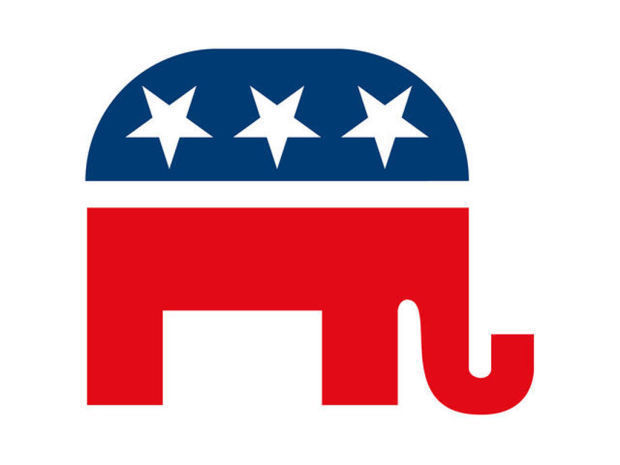Here come the repercussions

When politicians use their power to force changes in a way that Americans don’t want, they should expect repercussions. After a decades-long effort to get Roe v. Wade overturned and have states enact draconian laws banning abortion while bashing women’s dignity, Republicans now stand at a crossroads that is frustrating for them but not at all surprising to any reasonable observer.
Hardline, inhumane views on abortion are all the rage among many power-hungry Republicans. However, their bravado and recent successes are deceiving. Despite how they may come across, their views don’t reflect how most Americans want the government to handle this sensitive and critical topic.
In July, an AP-NORC poll taken a year after Roe was overturned showed that 64% of Americans believe abortion should be legal in all or most cases, and 60% believe Congress should guarantee access to legal abortion. Not only did 73% of people say that abortion should be allowed in the first six weeks of pregnancy, but even a clear majority (58%) of survey participants living in states with strict bans agreed.
Not surprisingly, the Guttmacher Institute, through its Monthly Abortion Provision Study, has noted significant increases in abortions in states that are neighbors of ones with strict bans, especially in ones that have enacted additional protective measures. For example, Colorado has seen abortions increase by 89%, or 5,990 abortions, compared with estimates in a comparable period in 2020. In the prior three-year period (2017-2020), Colorado abortions increased only 8%.
According to Guttmacher, this border crossing is “a testament to the resiliency of those who need abortion care. It reflects their ability to exercise bodily autonomy and self-determination, despite attempts by their state governments to coerce them into continuing an unwanted pregnancy.” Unfortunately, this added expense and inconvenience also means that many people who need an abortion cannot get one.
Not only do Americans who live under strict bans feel determined to get an abortion, but the Republican race to codify misogynism has now backfired into a weird messaging problem for them. At a closed-door meeting this past week, Senate Republicans began to wrestle with new poll results that show that the term “’pro-life’ no longer resonated with votes,” according to an NBC News report. Thanks to Republican legislative action and bluster, many voters now think that being “pro-life” means taking a stand against all abortions under any circumstances while “pro-choice” can mean many things.
All this is more confirmation that Republicans are not on the winning side of this issue. People have not been giving up on abortion because Republicans have told them to. Also, long-time terminology has shifted to reflect the fact that one major political party has embraced an extremism that’s anti-American. These are signs of hope that we can soon turn things around at the ballot box and set progress free to march forever forward.

Ron Leshnower is a lawyer and the author of several books, including President Trump’s Month
